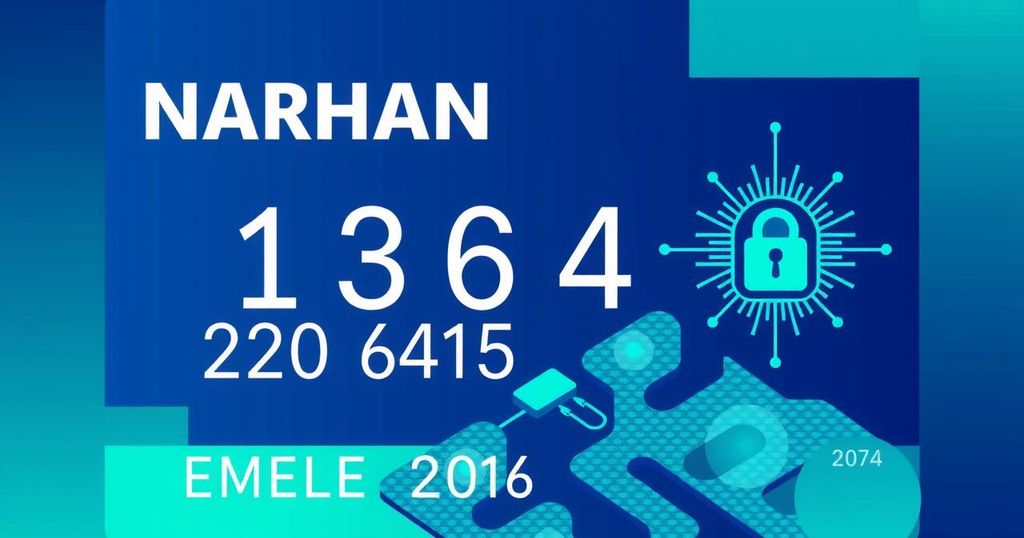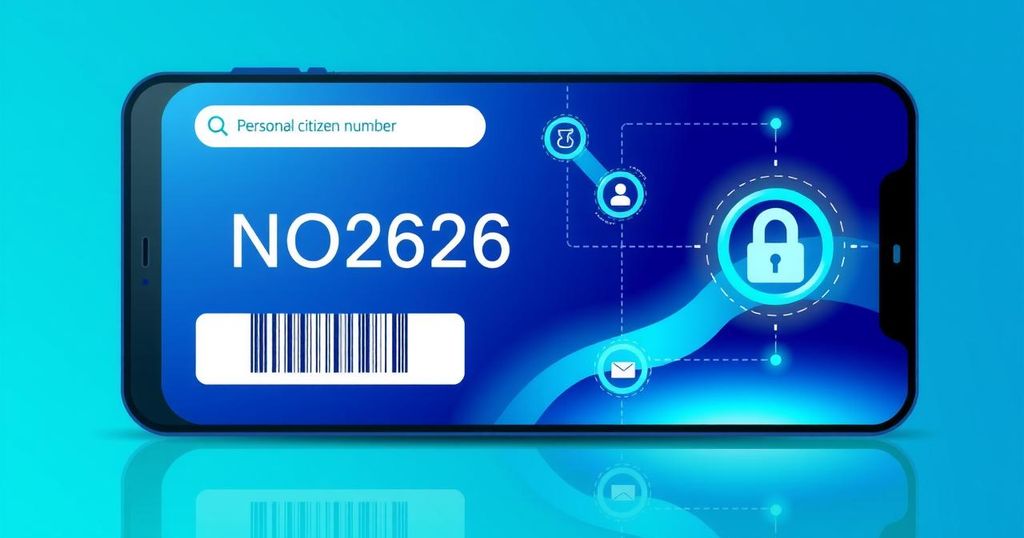Greece is modernizing its national ID system by introducing a unique 12-digit PIN for every citizen. This identifier replaces multiple former identifiers to ensure greater privacy. Implemented from March 27, the new ID cards retain essential personal information and align with European digital identity standards.
Greece has initiated a modernization of its national identification system by implementing a unique 12-digit personal identification number (PIN) for every citizen. This mandatory identifier will be applied across all state services, with the PIN printed on ID cards and embedded within digital chips, but it does not connect to biometric data.
The introduction of the PIN aims to simplify the identification process by consolidating several previous identifiers, including the Tax Identification Number (AFM) and Social Security Number (AMKA), thereby enhancing privacy protection. Oversight and management of this data falls under the General Secretariat for Information Systems and Digital Governance, which ensures compliance with security measures endorsed by the Greek Data Protection Authority.
All new identification cards issued from March 27th onwards will feature this unique identifier while maintaining essential information such as the holder’s full name, parental names, birthplace, birth date, gender, nationality, ID number, issue and expiration dates, as well as a biometric photo. This development aligns with the European Union’s Digital Identity (EUDI) wallet initiative, emphasizing Greece’s commitment to digital integration.
Greece’s introduction of a unique 12-digit PIN for each citizen signifies a critical step towards modernizing its identification system. This move simplifies the identification process, enhances privacy, and ensures alignment with European digital identity standards. The new ID cards, equipped with this PIN and traditional identification elements, reflect a significant upgrade in Greece’s digital governance framework.
Original Source: www.biometricupdate.com





